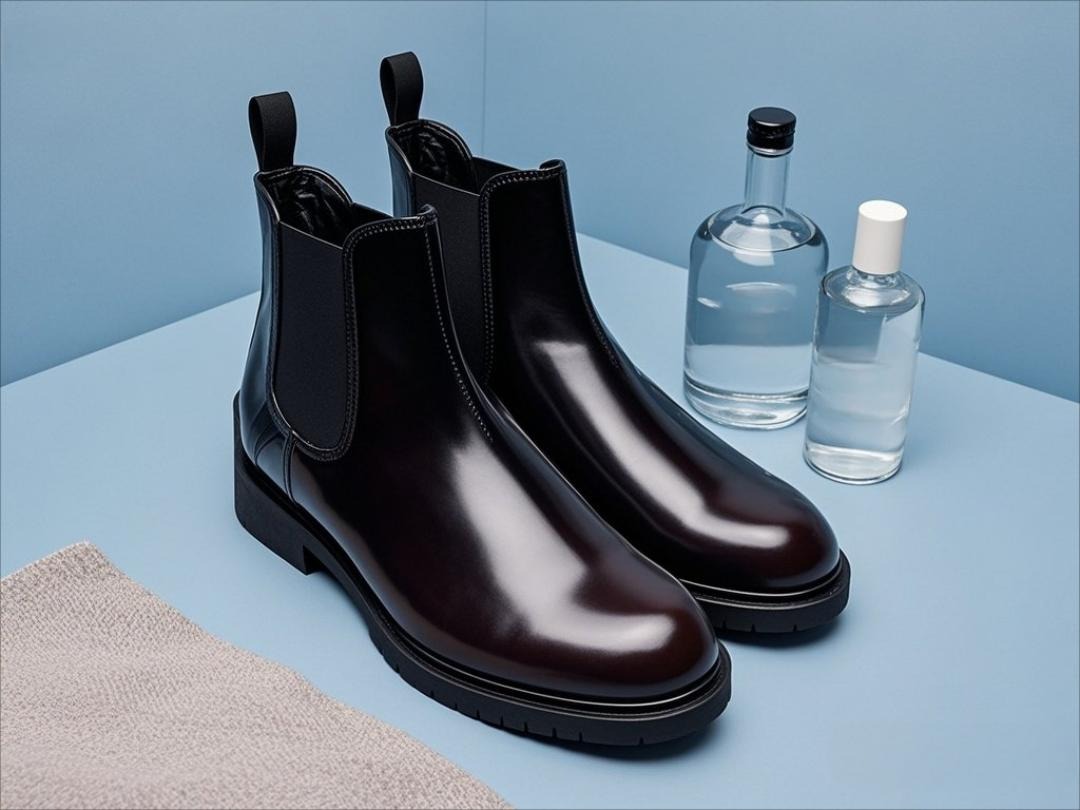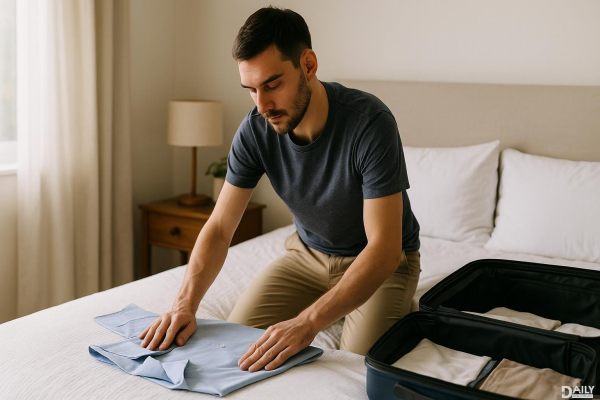Ever wake up tangled in your sheets like a human pretzel and wonder what your sleep position says about you? Turns out, the way you crash at night might reveal more about your personality than your Spotify Wrapped. According to emergency physician Dr. Robert Glatter, our nocturnal noodling isn’t just about comfort—it’s a subconscious window into our deepest quirks, fears, and even how we handle stress. While sleep science isn’t as precise as a personality quiz (sorry, no "You’re 73% freefall sleeper!" results here), there’s a fascinating overlap between how we snooze and who we are when awake. Ready to decode what your favorite sleep pose says about you? Let’s dive in.
The Fetal Position: The Classic Comfort Seeker
Curled up like a shrimp at a seafood boil? Congrats—you’re in the most popular sleep club, with over 40% of people favoring this cozy, womb-like pose. Dr. Glatter notes that fetal sleepers often have a sensitive side beneath a tough exterior. "These folks might project confidence by day but crave emotional security when the lights go out," he says. Think of it as your body’s way of self-soothing. The tighter the curl, the more you might lean into nostalgia or avoid confrontation. Pro tip: If your knees are practically kissing your chin, try loosening up to avoid morning stiffness. A pillow between your legs can keep hips happy while preserving your emotional armor.
The Log: The Team Player
Lying stiff as a board on your side with arms glued to your torso? Meet the "log" sleeper—the human equivalent of a trusty Labrador retriever. Dr. Glatter links this position to easygoing, social personalities who value loyalty but might struggle with gullibility. "Log sleepers are often the friends who say ‘yes’ to last-minute plans but forget to set boundaries," he explains. While this position is gentle on your spine, it can hint at a tendency to people-please. If you wake up with numb arms, hug a pillow to keep shoulders aligned. Bonus: It’ll give your limbs something to do besides being trapped in polite paralysis all night.
The Starfish: The Life of the Party
Sprawled on your back like you’re making snow angels on the mattress? Starfish sleepers radiate extroverted energy—literally. "These positions often correlate with open, adventurous personalities who hate feeling boxed in," says Dr. Glatter. But there’s a catch: Your bed-hogging habits might annoy partners, and back sleeping can worsen snoring. Combat this by elevating your head slightly (goodbye, acid reflux) and placing a pillow under your knees to support your lower back. Pro move: If you’re a starfish who also talks in their sleep, well… maybe warn roommates in advance.
The Soldier: The Perfectionist
Flat on your back with arms pinned to your sides like a vampire in a coffin? Hello, type-A friend. Dr. Glatter says soldier sleepers often have disciplined, high-achieving personalities—but that rigidity can translate to physical tension. "These individuals might resist change or struggle to ‘let go,’ even in sleep," he notes. To avoid waking up stiffer than a corporate handshake, try a thin pillow under your neck and a lumbar roll for support. And if you catch yourself grinding your teeth? That’s your sign to schedule a massage (or a therapy session).
The Freefaller: The Wild Card
Faceplanted into the mattress with arms flung overhead like a skydiver mid-plunge? Freefall sleepers are the unpredictable creatives of the sleep world. "This position suggests impulsivity and a low tolerance for criticism," Dr. Glatter explains. While it might ease snoring, the twisted neck and awkward arm angles can leave you feeling like you fought a pillow and lost. Try flipping onto your side with a body pillow to mimic the sprawl without the next-day regrets. Fun fact: If you’re a freefaller who also sleeps with one leg hitched up? Your brain’s probably brainstorming even in REM cycle.
The Yearner: The Overthinker
Side-sleeping with arms stretched out like you’re reaching for a life raft? Classic "yearner" behavior. Dr. Glatter ties this pose to ambitious yet indecisive personalities. "You’re likely analytical but prone to analysis paralysis—hence the ‘reaching’ posture," he says. While great for circulation, this position can strain shoulders. Fix it by hugging a pillow to align your spine and—symbolically—give your arms a purpose. Extra credit: If you’re a yearner who also changes positions 20 times a night, your subconscious might be screaming, "Make a decision already!"
So, does your sleep style match your waking self? Whether you’re a fetal-position philosopher or a starfish-shaped social butterfly, Dr. Glatter’s key takeaway is simple: "Own it, but tweak it." Small adjustments—like strategic pillows or slight posture shifts—can ease physical strain without sacrificing the emotional comfort your weird sleep habits provide. After all, personality tests come and go, but how you sleep? That’s the real you, unfiltered and unapologetic. Now go forth and sprawl (or curl) with pride.
























